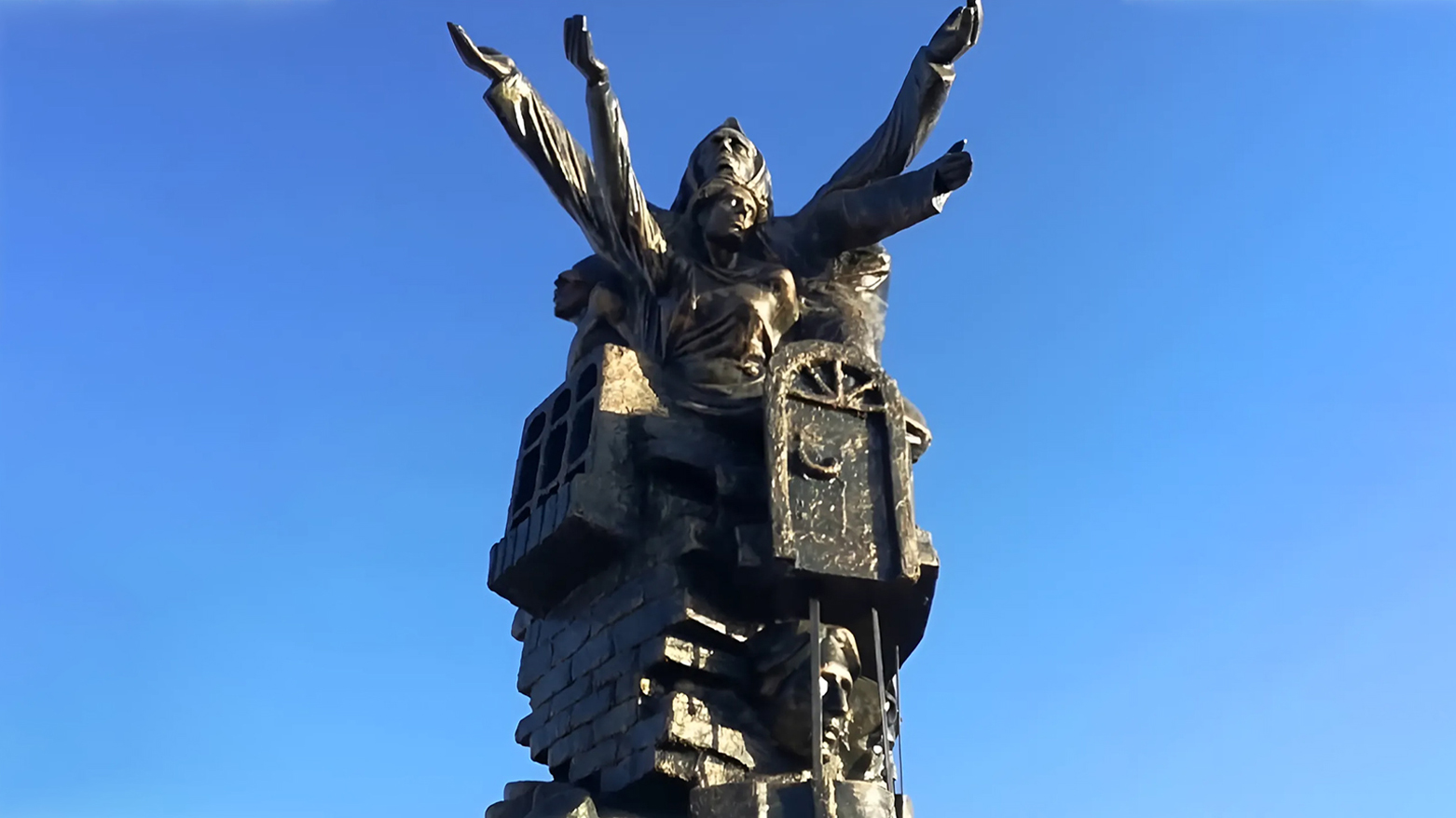From Genocide to Bureaucracy: The Ongoing Marginalization of Feyli Kurds
Over 40 years after their genocide, tens of thousands of Feyli Kurds remain stateless in Iraq. As Shafaq News reports, victims like Amira Abdul-Amir Ali face systemic exclusion, with Kurdish leaders urging Baghdad to act on long-promised justice and citizenship restoration.

By Kamaran Aziz
ERBIL (Kurdistan24) – More than four decades after the Baathist regime launched a brutal campaign of ethnic cleansing against Iraq's Feyli Kurds, tens of thousands remain legally invisible in their own country, stateless victims of a crime officially recognized as genocide but never remedied in practice.
As reported by Shafaq News, Amira Abdul-Amir Ali, a 64-year-old woman from eastern Baghdad, encapsulates this painful reality. Born and raised in Iraq, Amira has never been granted official citizenship.
Deported to Iran in 1980 under Saddam Hussein’s regime due to her Feyli Kurdish heritage, she returned to Iraq after 2003 only to find herself locked in a bureaucratic nightmare. Her unregistered marriage and lack of documentation have left her without access to public services, education, or even food rations.
"All I ask is to be treated like everyone else—to restore just a piece of my lost dignity," Amira told Shafaq News.
Her story is emblematic of a much wider crisis.
Although Iraq’s High Criminal Court and Parliament recognized these acts as genocide in 2010 and 2011, respectively, restitution remains elusive. Survivors who returned after the fall of Saddam Hussein continue to face steep legal obstacles to reclaiming their rights—especially women, who often require male relatives to validate their applications in Iraq’s patriarchal civil registry system.
Amira’s case underscores how gender, exile, and outdated laws have compounded the marginalization of Feyli Kurds.
A research study published by the Zanco Journal for Human Sciences at Salahaddin University further highlights the enduring psychological trauma among survivors. The study, titled "Psychological Effects of Genocide among the Faili Kurds," documents high rates of PTSD, depression, and chronic anxiety among Feyli genocide survivors, noting that unresolved legal status exacerbates these psychological burdens. The researchers argue that statelessness and continued marginalization contribute to a "chronic state of psychological exile," undermining both individual healing and community cohesion.
Human Rights Watch has noted that Iraq’s transitional justice mechanisms suffer from politicization and inconsistent implementation. What exists on paper rarely materializes in practice.
Despite these challenges, efforts to seek justice and recognition for the Feylis continue—most notably from within the Kurdistan Region.
On April 4, 2025, marking the 45th anniversary of the Feyli Kurdish genocide, Kurdistan Region President Nechirvan Barzani and Prime Minister Masrour Barzani both reiterated calls for the Iraqi federal government to grant full compensation, restore citizenship, and return confiscated property to Feyli Kurds.
President Masoud Barzani emphasized their contributions to the Kurdish liberation movement and framed the genocide as part of a wider Baathist policy to annihilate Kurdish identity.
"We pay tribute to the pure souls of the Feyli Kurds’ martyrs... Their genocide was part of the former regime’s systematic plan to eliminate the people of Kurdistan," Barzani said in a statement posted to social media.
Prime Minister Masrour Barzani added, "After 45 years, it is time the federal government takes responsibility and provides compensation to the families of the victims."
The Feyli Kurds, a Shia Kurdish community long woven into Iraq’s economic and social fabric, were systematically targeted by the Baath regime beginning on April 4, 1980, in a campaign of ethnic cleansing that accused them of Iranian loyalty, stripped them of citizenship, and led to the deportation or killing of over 600,000 individuals.
According to human rights reports and historical records, an estimated 10,000 to 20,000 young Feyli men were executed, thousands more disappeared without a trace, and countless families lost their homes, businesses, and ancestral roots—yet despite the recognition of these atrocities as genocide, justice remains elusive for the vast majority of victims.
The Feyli Kurds National Movement, introduced officially in October 2024 under the leadership of Judge Munir Haddad, has sought to provide political representation and push for legal reforms to address these long-standing grievances. "The aim of the party is to unify and organize the Feylis' political voice and fight for their constitutional rights," Judge Haddad stated.
For now, however, women like Amira remain caught in a cruel limbo—recognized in rhetoric but denied in reality.
The United Nations defines legal identity as a foundational right that unlocks access to health care, education, political participation, and civil protection. Without it, individuals are rendered invisible.
"I live as though I have no right to anything... no home, no document, no voice," Amira says. Her plea is a stark reminder that genocide does not end with violence; it lives on in the silence of bureaucracy.
The Kurdistan Region’s leaders continue to call for justice, but the burden now lies with Baghdad. Without swift and sincere action, the stateless status of Iraq’s Feyli Kurds will remain a living scar on the conscience of the nation.